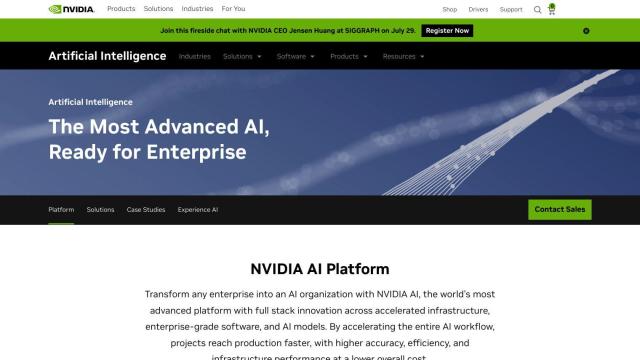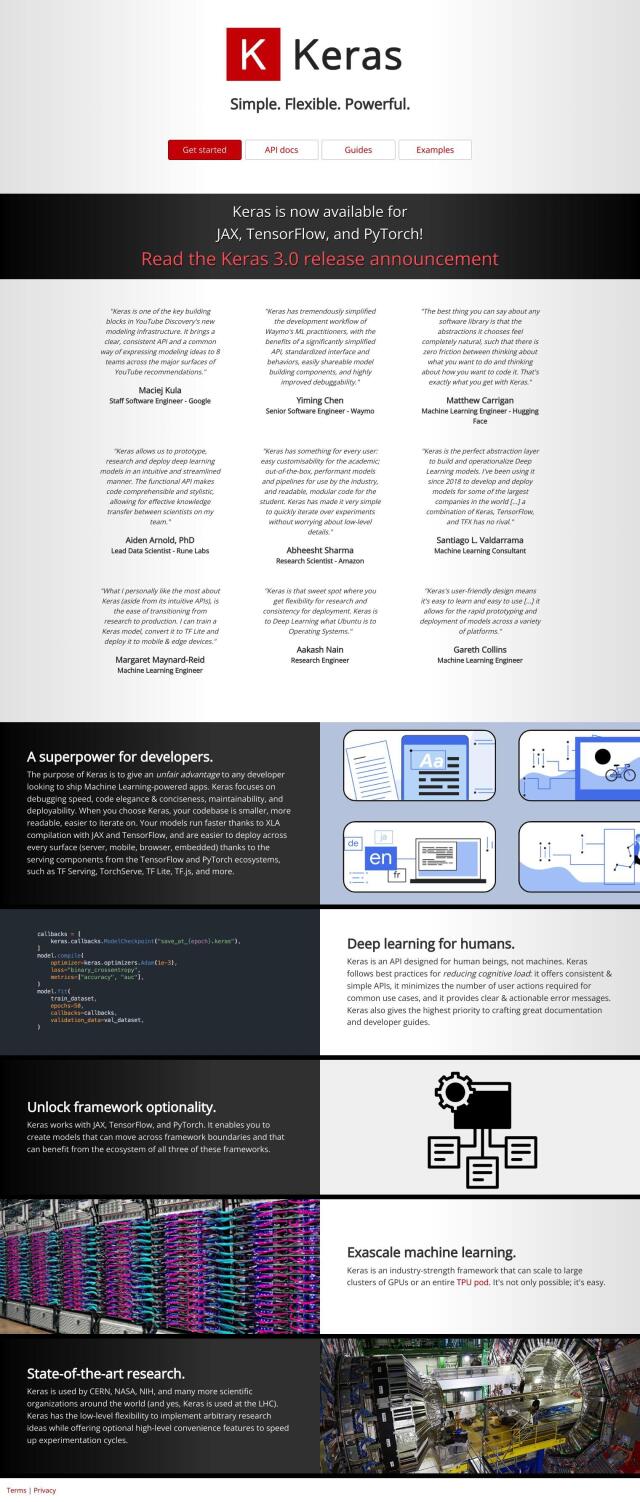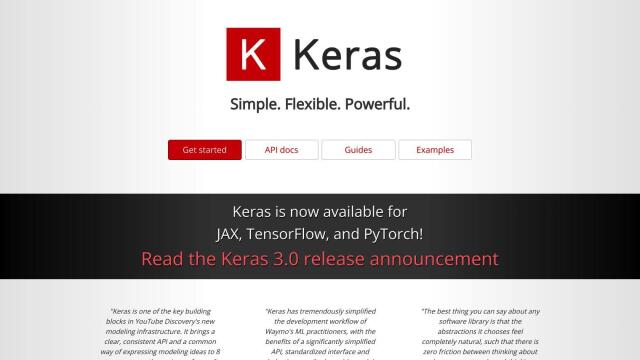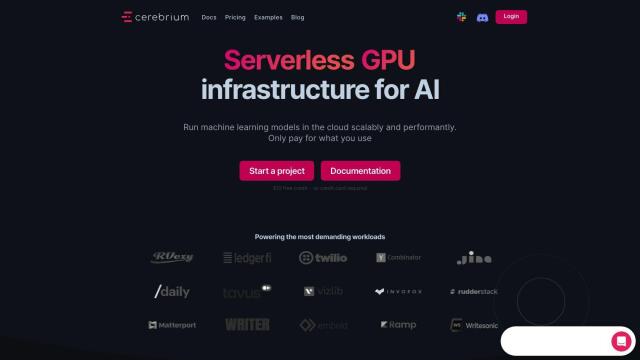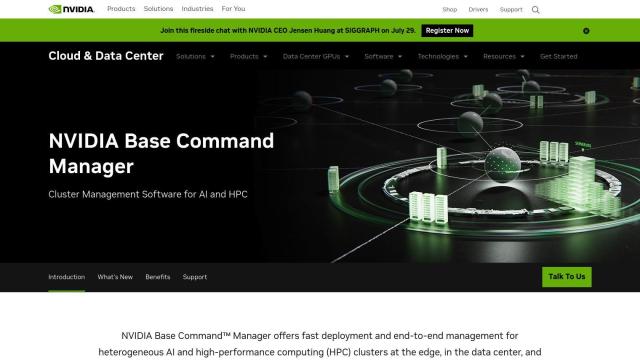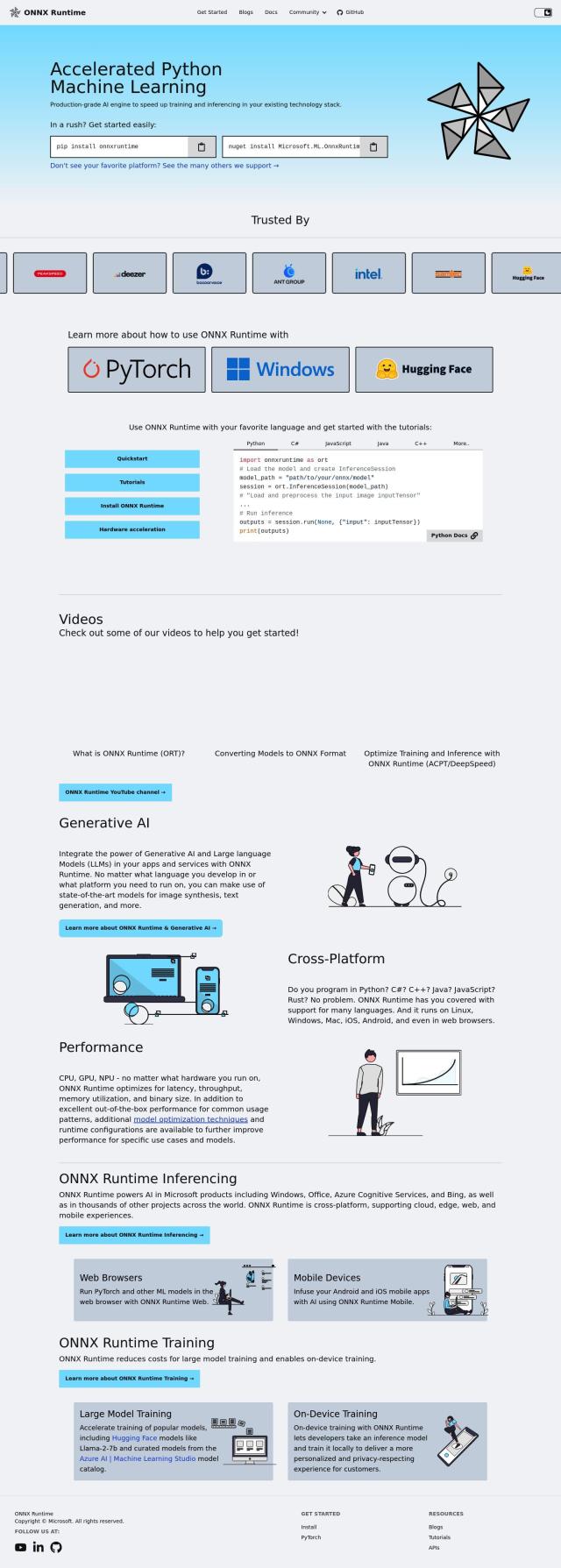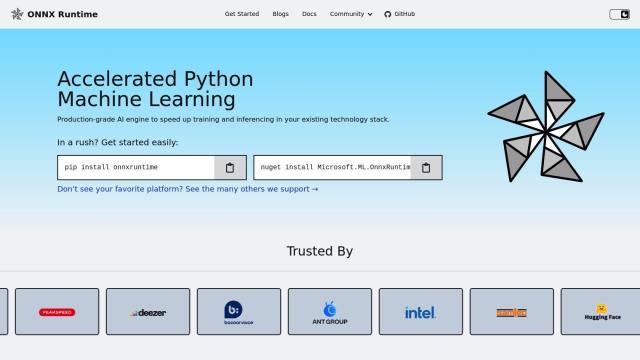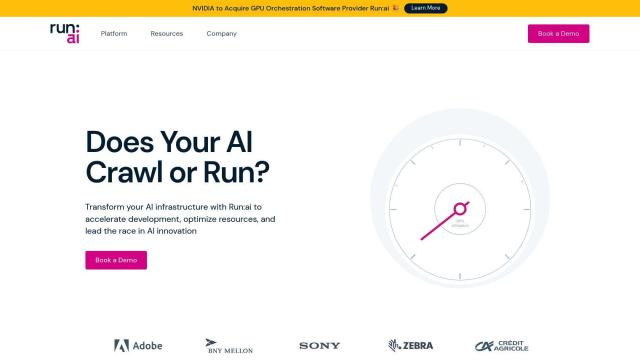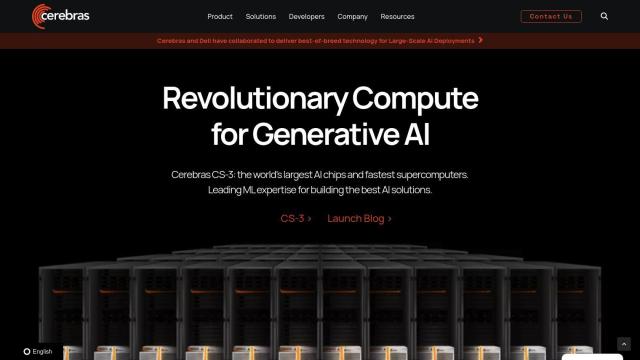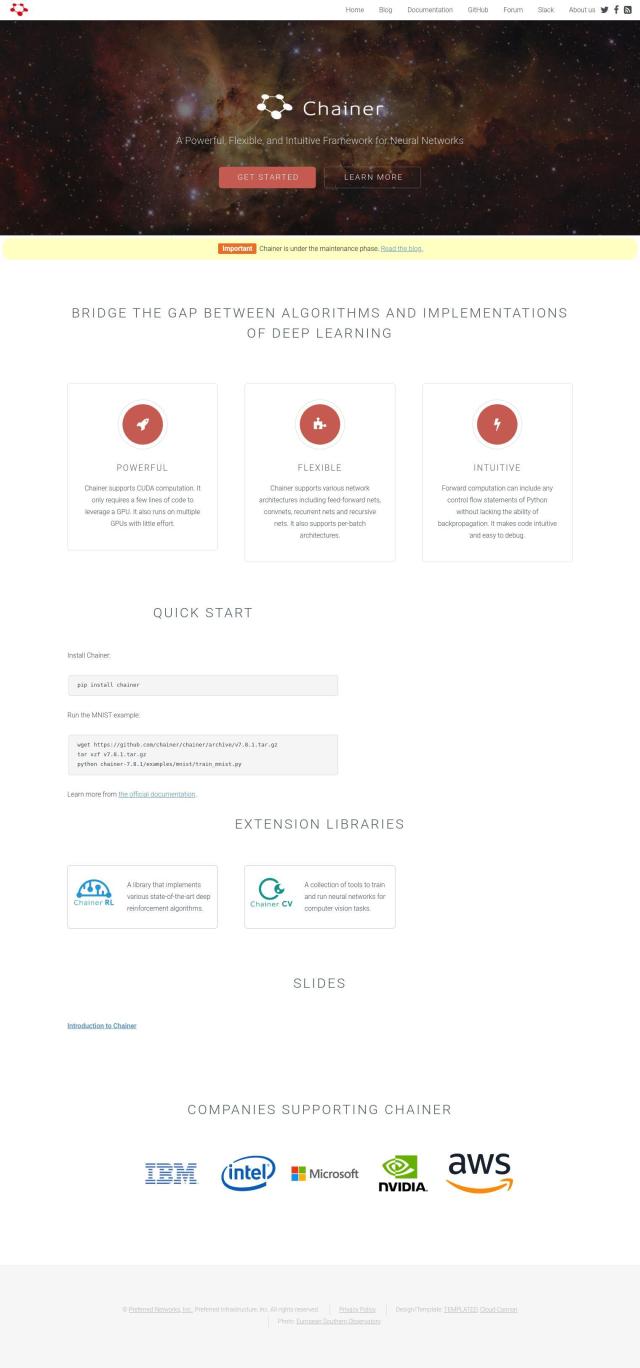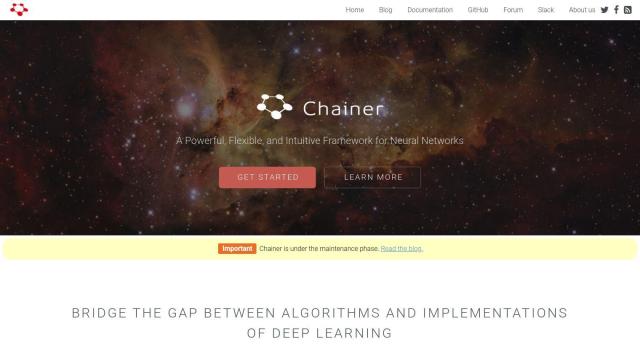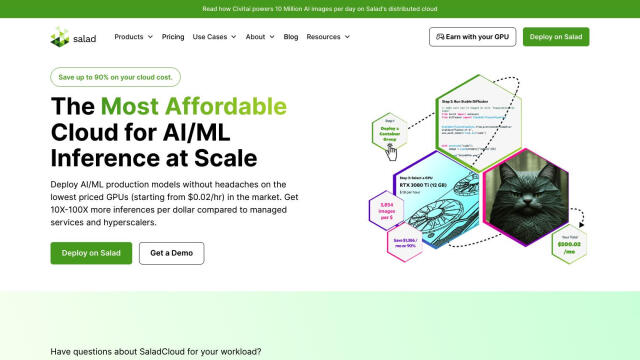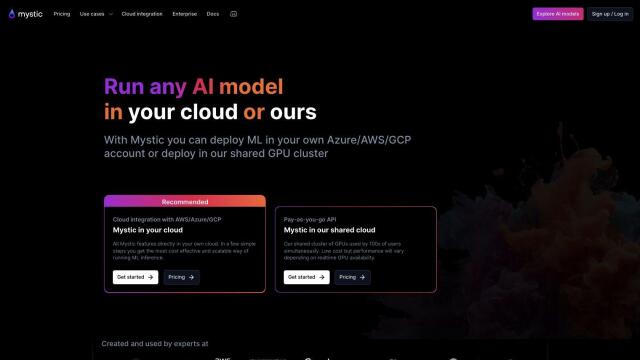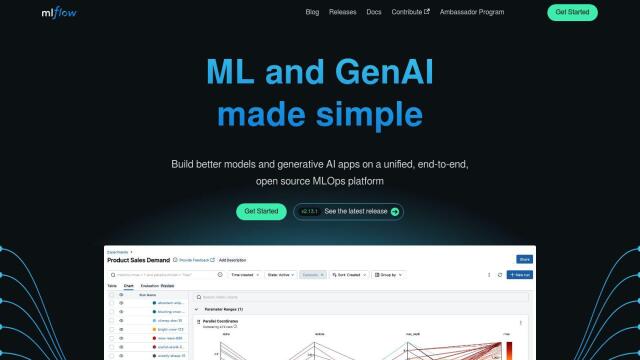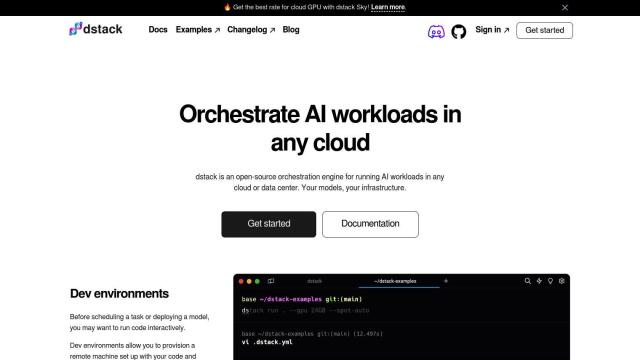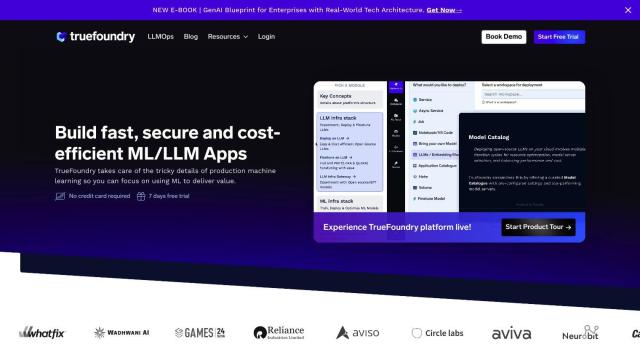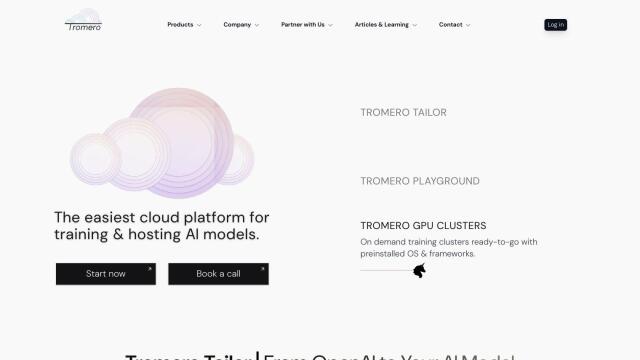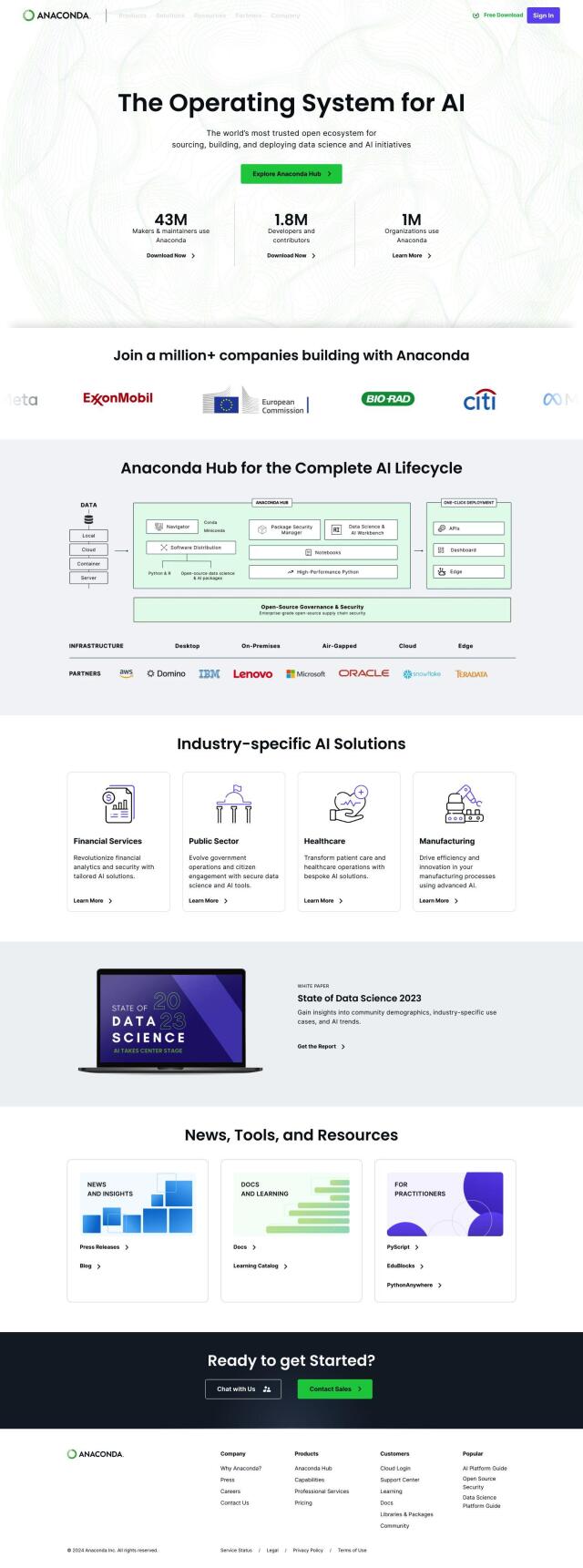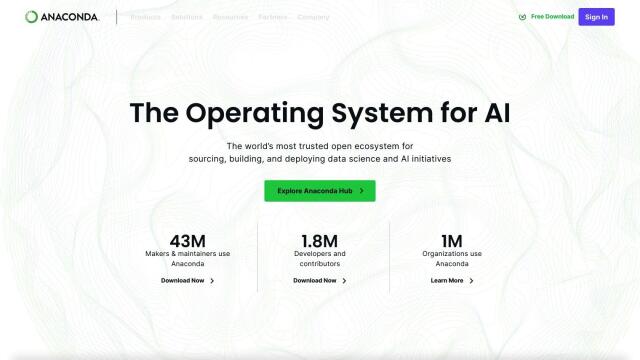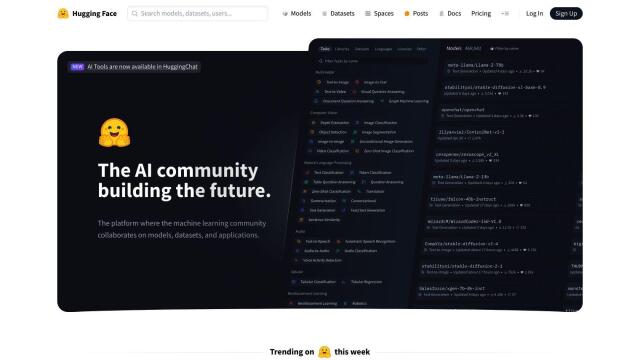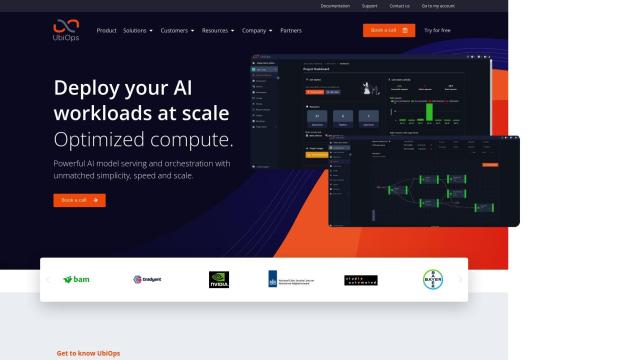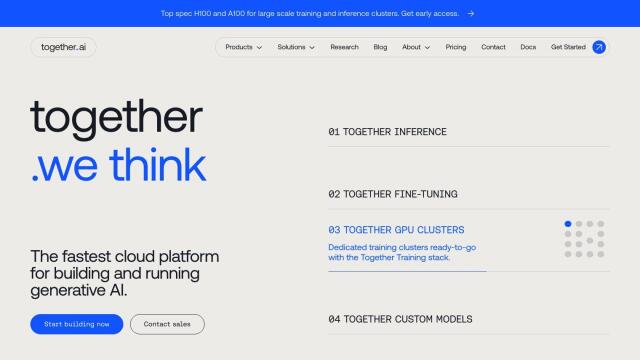Question: I need a framework that supports GPU acceleration and can handle large-scale deep learning tasks with minimal code changes.

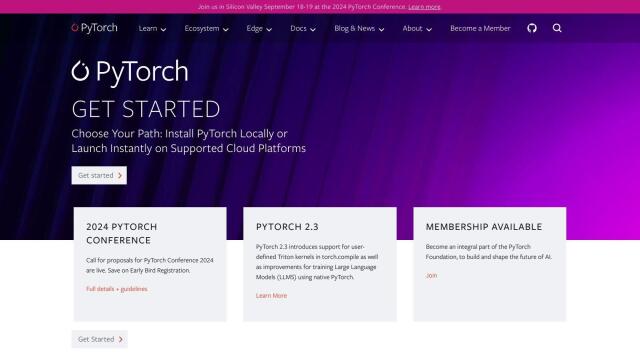
PyTorch
If you're looking for a framework that can take advantage of GPU acceleration and scale to big deep learning jobs with a minimal amount of code changes, PyTorch is a great option. It's geared for fast experimentation and production, with support for distributed training, libraries and cloud computing. PyTorch also has the ability to run in eager mode and graph mode with TorchScript, which makes it useful for everything from prototyping to large-scale production jobs.

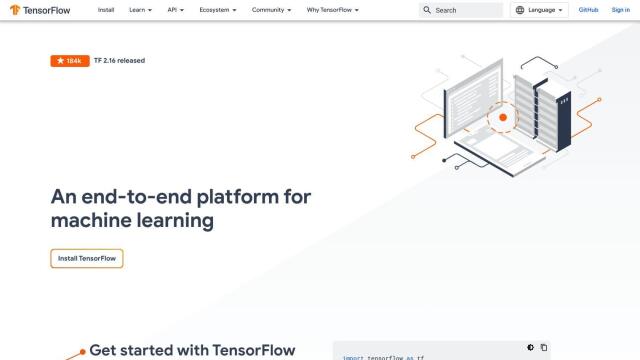
TensorFlow
Another top contender is TensorFlow, an open-source, end-to-end machine learning framework. TensorFlow is a flexible framework with a range of tools, libraries and community support. It has a high-level Keras API for building and training models, eager execution for rapid iteration and the Distribution Strategy API for distributed training on different hardware configurations, making it useful for a broad range of tasks.
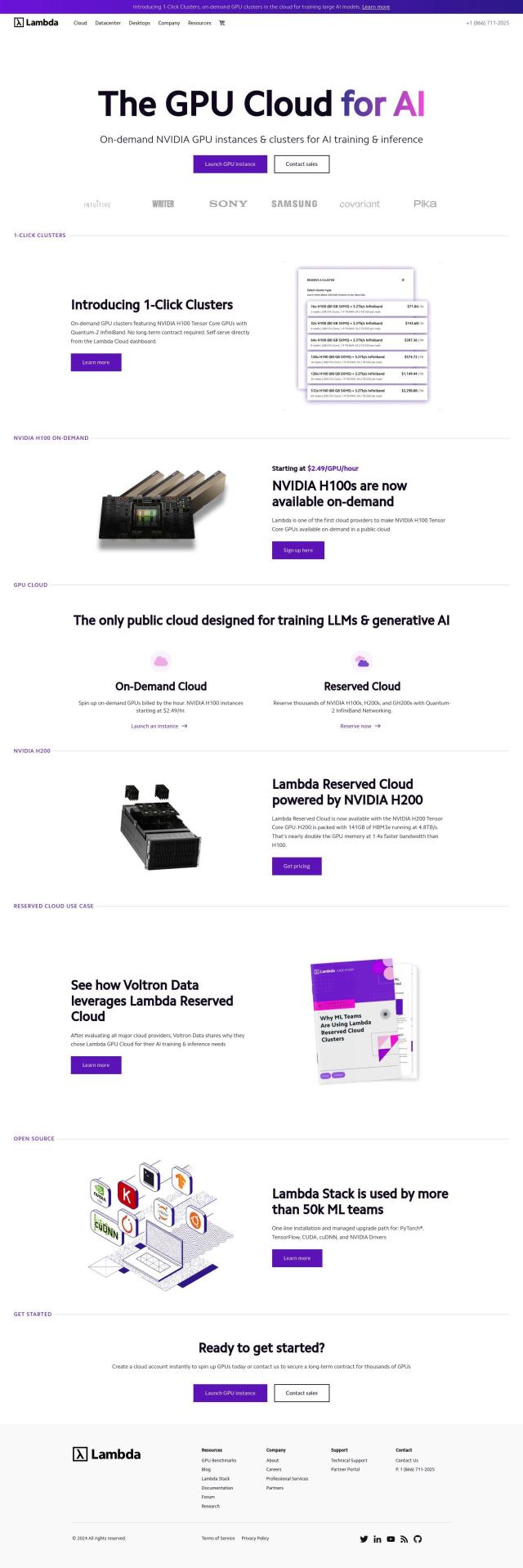
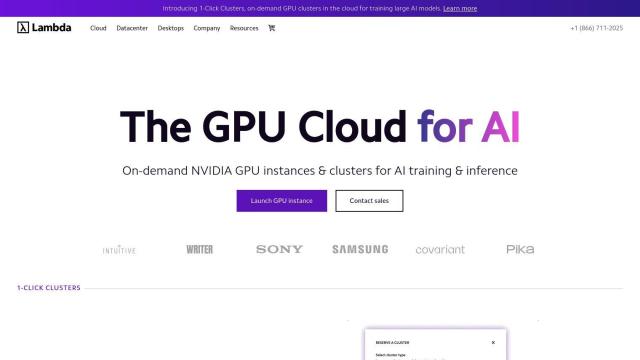
Lambda
If you want a cloud-based option, Lambda provides on-demand and reserved NVIDIA GPU instances for AI training and inferencing. It supports a range of GPUs, including NVIDIA H100 and H200 Tensor Core GPUs, and comes with preconfigured ML environments with Ubuntu, TensorFlow and PyTorch. This service is geared for ML-first user experiences, allowing you to quickly provision and manage GPU instances to suit your needs.

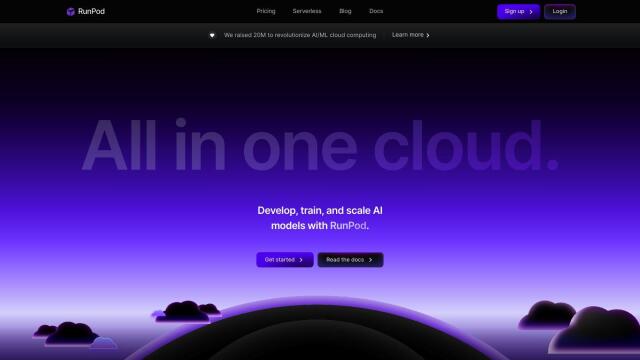
RunPod
Last, RunPod is a cloud platform that lets you build, train and run AI models on a globally distributed GPU cloud. It lets you instantly spawn GPU pods, supports a range of GPUs, and offers serverless ML inference with autoscaling and job queuing. RunPod supports more than 50 preconfigured templates for frameworks like PyTorch and TensorFlow, so you can easily deploy models with minimal code changes.

